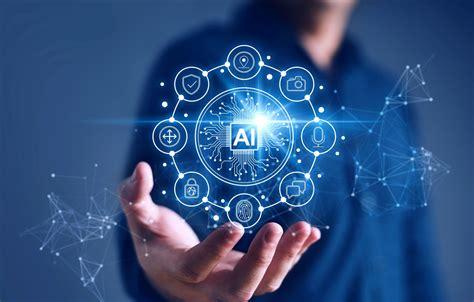Artificial Intelligence (AI) is arguably the most powerful and rapidly evolving technology of the modern age. AI creates the possibility of computer code and machines having the ability to perform tasks which are essentially human intelligence—such as learning, reasoning, solving problems, and language comprehension.
What Is Artificial Intelligence?
Artificial Intelligence is the creation of computer software that is capable of thinking, learning, and adapting. AI software is able to recognize speech, translate languages, make decisions, and even drive cars. Some of the common examples include:
Virtual assistants like Siri or Alexa
Chatbots that respond to customers
YouTube or Netflix recommendation systems
Autonomous vehicles
Bots which work in hospitals or factories
Types of AI
Narrow AI: Designed to perform a single task (e.g., speech recognition or playing chess).
General AI: Still in development; this type would be able to accomplish any intellectual task that a person can accomplish.
Super AI: A theoretical future state in which computers are superior to humans.
How AI is Used Today
Healthcare: Medical data analysis and disease detection.
Education: Adaptive learning and intelligent tutoring systems.
Agriculture: Crop health monitoring and yield forecasting.
Banking: Money management and fraud detection.
Space exploration: Navigation of rovers on other planets.
Benefits of AI
Enhances precision and effectiveness.
Performs routine tasks effectively.
Makes technology more available and personalized.
Enables scientific research and data examination.
Challenges and Concerns
Job losses due to automation in some industries.
Privacy concerns due to data gathering.
Decision-making bias if AI is trained on unbalanced data. The need for ethical standards and application. Conclusion Artificial Intelligence is shaping the future of our living, working, and learning. Even though it has so much potential, it has to be used judiciously. Studying AI today makes us capable of using it judiciously tomorrow.

